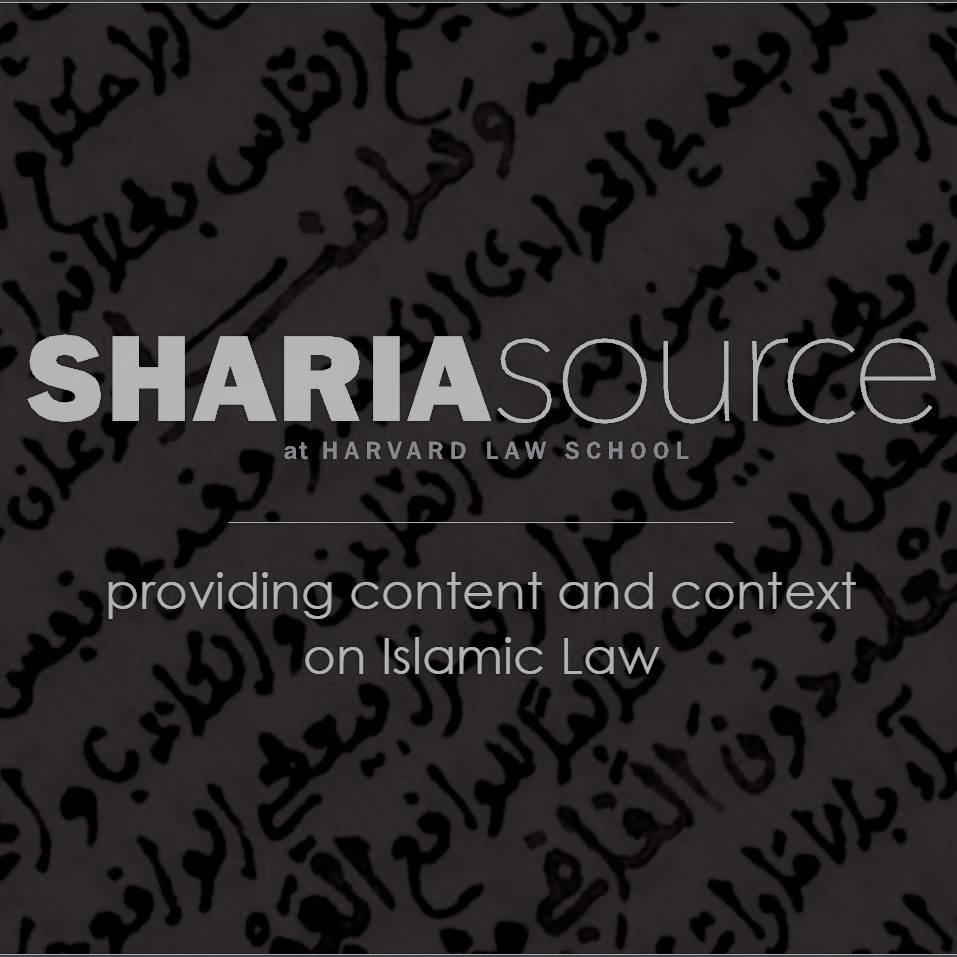Online Companion to Justice and Leadership in Early Islamic Courts, ed. Intisar Rabb & Abigail Balbale (Harvard Series in Islamic Law, Harvard University Press 2017)

Project Profile
Intisar A. Rabb and Abigail Krasner Balbale, eds. Justice and Leadership in Early Islamic Courts. Cambridge: Program in Islamic Law at Harvard Law School & Harvard University Press, 2017.
Edited by Intisar A. Rabb and Abigail Krasner Balbale, this book presents an in-depth exploration of the administration of justice during Islam’s founding period, 632–1250 CE. Inspired by the scholarship of Roy Parviz Mottahedeh and composed in his honor, this volume brings together ten leading scholars of Islamic law to examine the history of early Islamic courts. This approach draws attention to both how and why the courts and the people associated with them functioned in early Islamic societies: When a dispute occurred, what happened in the courts? How did judges conceive of justice and their role in it? When and how did they give attention to politics and procedure? Each author draws on diverse sources that illuminate a broader and deeper vision of law and society than traditional legal literature alone can provide, including historical chronicles, biographical dictionaries, legal canons, exegetical works, and mirrors for princes. Altogether, the volume offers both a substantive intervention on early Islamic courts and on methods for studying legal history as social history. It illuminates the varied and dynamic legal landscapes stretching across early Islam, and maps new approaches to interdisciplinary legal history.
Chapter 1
The Logic of Excluding Testimony in Early Islam
Ahmed El Shamsy, University of Chicago
Chapter 2
Circumstantial Evidence in the Administration of Islamic Justice
Hossein Modarressi, Princeton University
Chapter 3
The Curious Case of Bughaybigha, 661–883: Land and Leadership in Early Islamic Societies
Intisar A. Rabb, Harvard Law School
Chapter 4
A Critique of Adjudication: Formative Moments in Early Islamic Legal History
Nahed Samour, University of Helsinki
Chapter 5
Word of ʿAjam in the World of Arab: Translation and Translator in Early Islamic Judicial Procedure
Mahmood Kooria, Leiden University
Chapter 6
The Judge and the Judge: The Heavenly and Earthly Court of Justice in Early Islam
Christian Lange, Utrecht University
Chapter 7
Justice, Judges, and Law in Three Arabic Mirrors for Princes, 8th–11th Centuries
Louise Marlow, Wellesley College
Chapter 8
Joking Judges: A View from the Medieval Islamic West
Maribel Fierro, Spanish National Research Council (CSIC)
Chapter 9
Judicial Procedure and Legal Practice on Liʿān (Imprectory Oath) in al-Andalus: Evidence from Model Shurūṭ Collections, 11th–12th Centuries
Delfina Serrano, Spanish National Research Council (CSIC)
